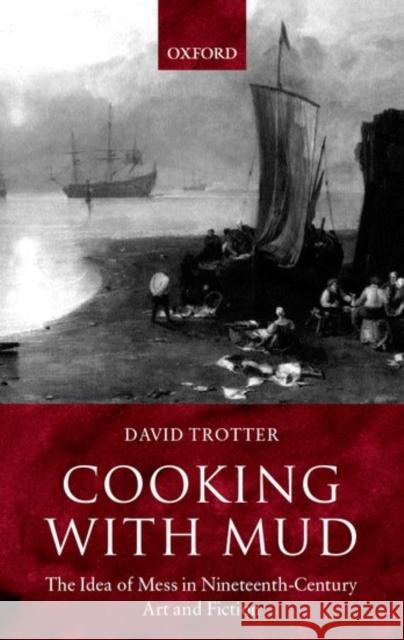Cooking with Mud: The Idea of Mess in Nineteenth-Century Art and Fiction » książka
topmenu
Cooking with Mud: The Idea of Mess in Nineteenth-Century Art and Fiction
ISBN-13: 9780198185031 / Angielski / Twarda / 2000 / 352 str.
Mess is age-old and universal, as phenomenon and as topic. The evidence collected in this book suggests, however, that the second half of the nineteenth century saw the first stirrings in Western culture of a primary interest in mess for its own sake. Messes, like modern identities, happen by accident; their representation in painting and fiction made it possible to think boldly and inventively about chance. Ranging widely--from Turner to Degas, and from Melville to Maupassant and the New Woman writers--this book outlines a style of commentary on modern life in which the ancient dichotomy of order and chaos was supplanted by a distinction between different kinds of mess.











